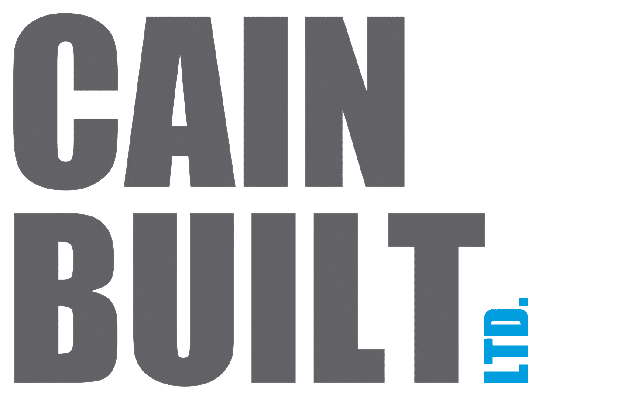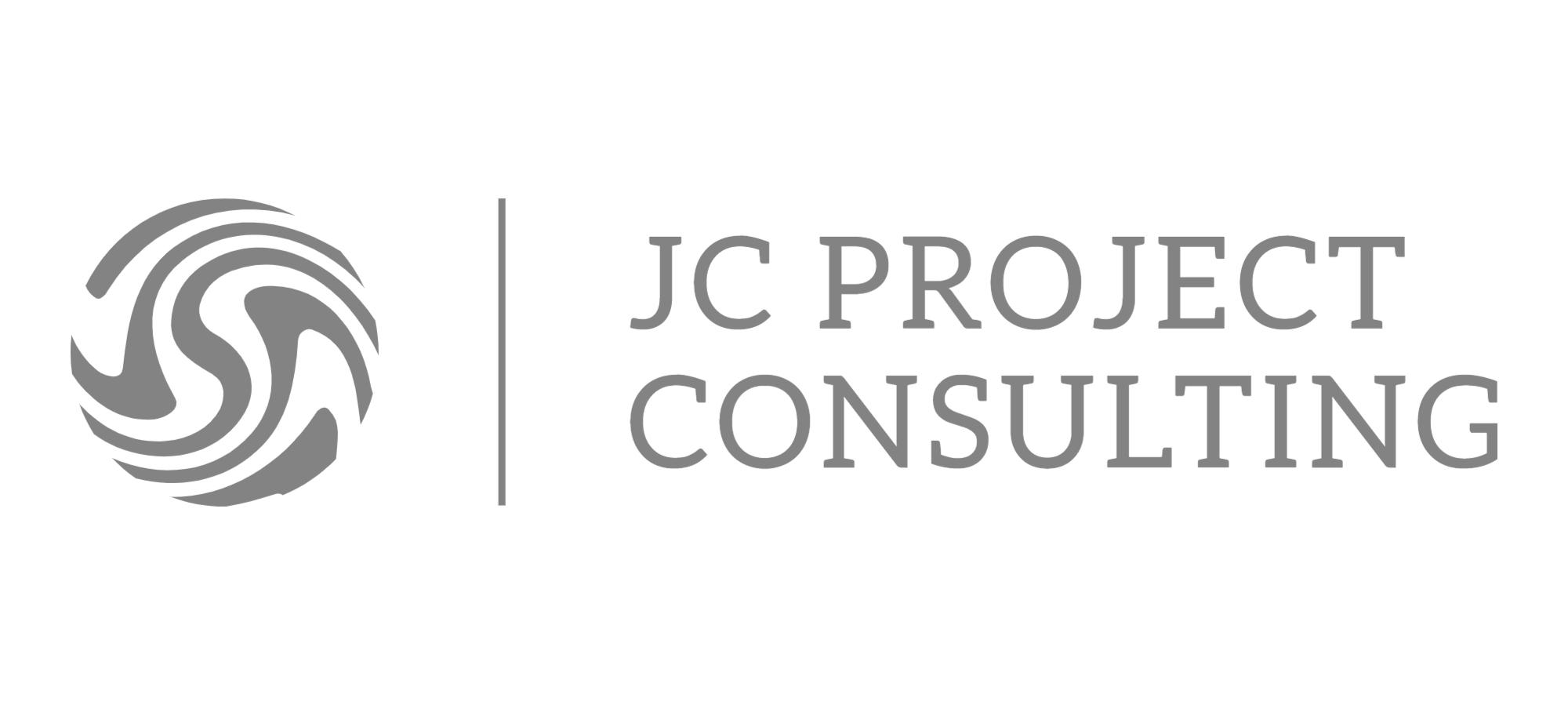In the face of economic downturns or recessions, it’s common for businesses, including those in New Zealand, to reevaluate their spending and cut budgets where they can. One area often considered for cost-cutting is Search Engine Optimisation (SEO). However, reducing investment in SEO during a recession can be counterproductive in the long run. This article will explore why maintaining or even increasing your SEO efforts is a strategic move for enduring success, particularly during challenging economic times.
Understanding SEO in the Business Landscape
SEO isn’t just a buzzword in the digital marketing realm; it’s a fundamental aspect of a business’s online presence. It involves optimising your website and online content to rank higher in search engine results, making your business more visible to potential customers. In today’s digital age, where a significant portion of customer interactions and transactions occur online, SEO is more crucial than ever.
The Short-Sightedness of Cutting SEO Budgets
During recessions, businesses might consider cutting their SEO budget as part of reducing marketing expenses. However, this decision overlooks the long-term benefits of SEO. Unlike paid advertising, which stops generating returns the moment you stop funding it, SEO continues to deliver benefits long after the initial investment. Reducing SEO efforts can result in a significant drop in website traffic and, consequently, leads and sales, impacting long-term growth and market presence.

SEO as a Cost-Effective Marketing Strategy
In times of economic uncertainty, cost-effectiveness becomes a priority. SEO is one of the most cost-effective marketing strategies, offering a higher return on investment (ROI) over time compared to other marketing forms. By ranking higher in search engines organically, your business gains ‘free’ visibility. This organic reach is particularly crucial during a recession when consumers are more cautious with their spending and conduct thorough research before purchasing.


































